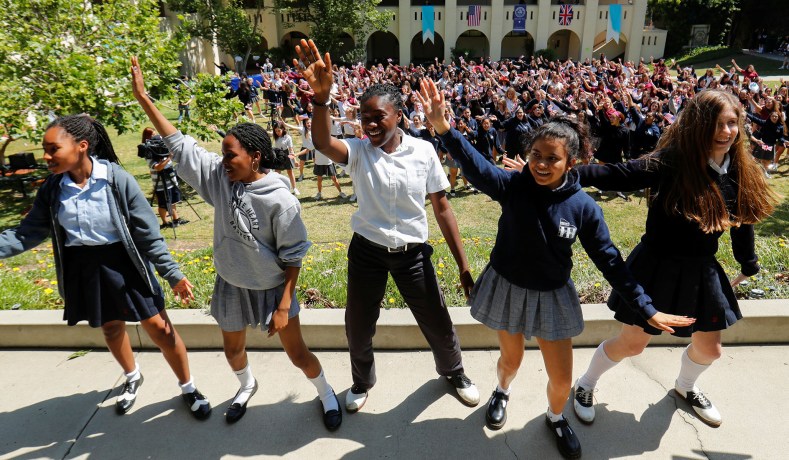
One knock on school vouchers is that they take high-performing kids with involved parents out of public schools, making life worse for those left behind. Choice supporters have always argued the opposite, however — that vouchers force public schools to get their act together to avoid losing even more students — and a new study backs them up.
The paper looks at what happened as Florida expanded a scholarship program that helps kids attend private schools. (The vouchers are funded by corporations that are then reimbursed dollar-for-dollar via tax credits, a mechanism I’m really not a fan of, but that’s not too relevant to the study.) In the early and mid 2000s, the program awarded only about 15,000 scholarships annually. But the number broke six figures, amounting to about 4 percent of all students, in the 2017–18 school year.
Bottom line: As the program expanded, students attending the public schools most subject to competition from private schools saw their test scores, absenteeism, and suspension rates improve, and this was especially true for lower-income kids.
The methods here are carefully set up to detect changes relative to students’ own previous outcomes, and to rule out various problems that make this kind of research tricky. As a result, this paper promises to be a formidable citation in a very long-term debate over vouchers.



.jpg?fit=60,39&ssl=1)
